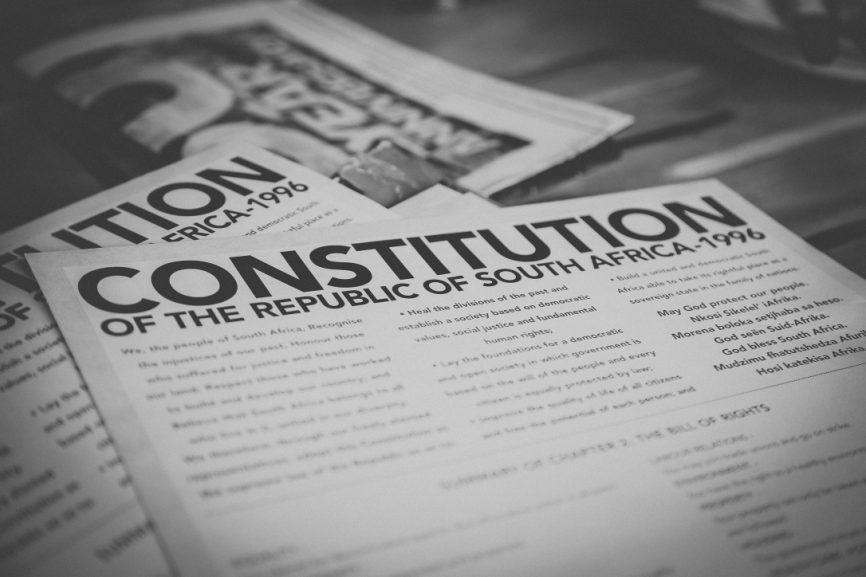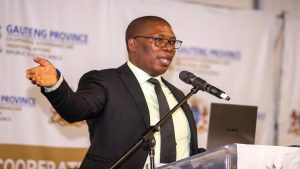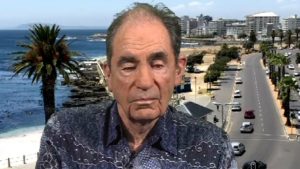Former Constitutional Court judge, Albie Sachs, says the Constitution serves to protect the most vulnerable and ensure a vibrant democracy.
At the weekend, South Africa marked 25 years since the adoption of the Constitution which was adopted on May 8 1996.
Retired Justice Sachs says much still needs to be done to achieve the vision of peace, equality and prosperity that is embodied in the Constitution.
He says South Africa is making slow, but steady progress.
“In terms of the democracy, in terms of the masses of people free from constraint not only racism, [but also] the authoritarian state, we made huge advances. What we haven’t done is that the economic equality we need. Real equal opportunity for everybody and we haven’t got the peace and security that everybody needs.”
“To get a sleep at night, walk at night in the street. It [is] so marvellous when you travel to other countries, you can go out at night, anywhere you like at any hour. We haven’t got that here in South Africa,” explains Sachs.
The video below reflects on the South African Constitution 25 years later:
Executive Secretary of the Council for the Advancement of the South African Constitution, Lawson Naidoo says, “As we mark the 25 anniversary of the adoption of the Constitution by Parliament,- we celebrate the fact that it has provided a solid foundation for our democracy. It marked a decisive break from our Apartheid past with its vision that is based on fundamental freedoms, rights and human dignity. The Constitution has helped us to navigate the path towards the realisation of that path,- but there remains a long way to go before the vision of the Constitutional can become a reality for most South Africans.”
Naidoo has also touched on how resilient the Constitution has been in recent years.
“The Constitution has also been stress tested in recent years when we had a government that operated outside the bounce of the law. The Constitution withstood that test. And even though institutions like Parliament failed to exercise their Constitutional obligations to hold the government to account,- the courts intervened to ensure that the rule of law was upheld.”
Highest law in the land
The Constitution of the Republic of South Africa is Act No 108 of Parliament of 1996. It is the highest law in the land. And therefore any law that is not in line with the Constitution becomes invalid unless and until it is rectified to pass constitutional muster.
The Bill of Rights in Chapter 2 remains the cornerstone of democracy as outlined in the Constitution. It is a chapter that makes provision for the protection of human dignity, the right to life, freedom of expression, equality, privacy, freedom of religion, freedom of belief and opinion. Other freedoms include political rights, freedom of trade, occupation and profession. However, all these rights are subject to limitations.
To change most of the Bill of Rights – requires a two-thirds majority vote. One example that requires a two-thirds vote is the property clause under Section 25 of the Constitution.
It is under Section 25 where the expropriation of land and property is provided for. However, this clause is currently being amended by the Ad Hoc Committee to Amend Section 25 of the Constitution to allow the Expropriation of Land Without Compensation.
The Section 25 amendment is currently being done through the Constitution’s 18th Amendment Bill. This means it is the 18th time that the South African Constitution is being amended. -Additional reporting by Mercedes Besent






